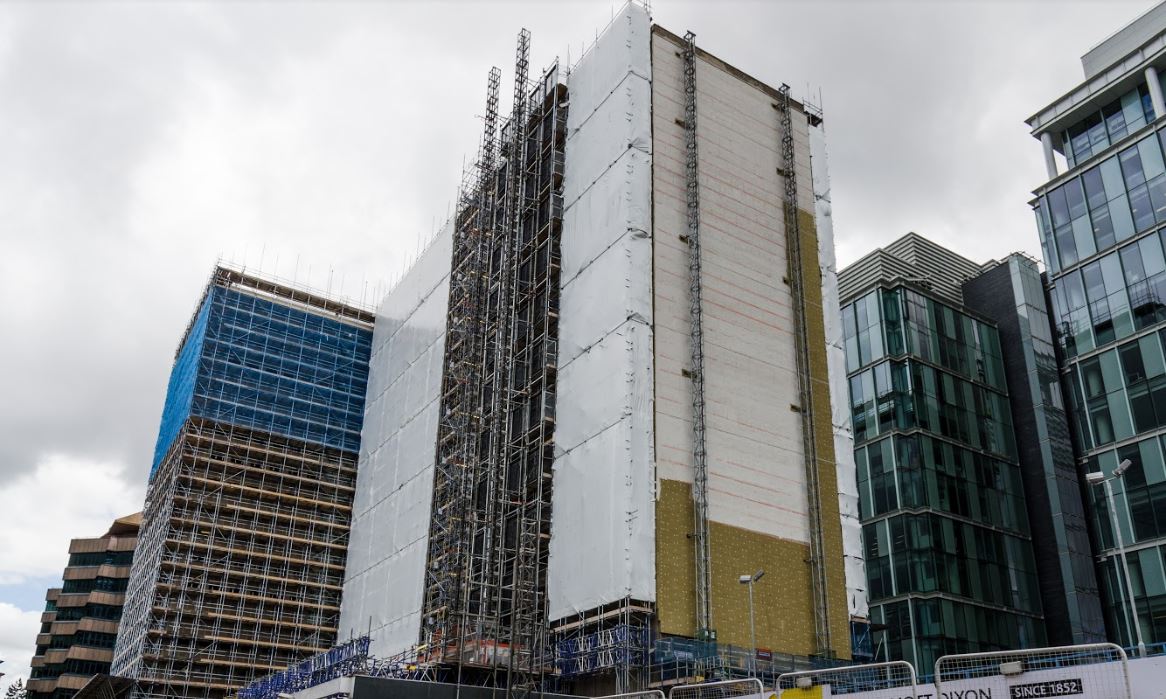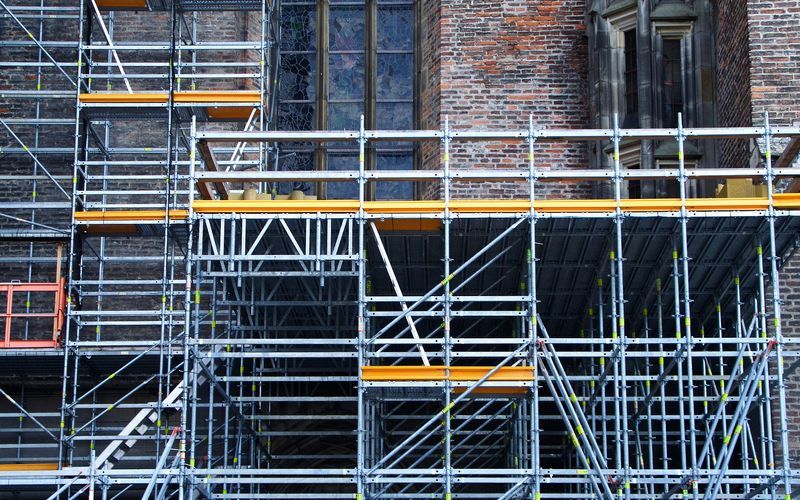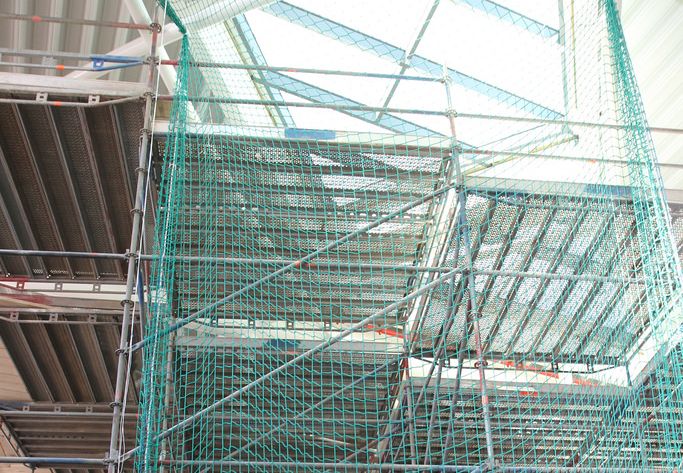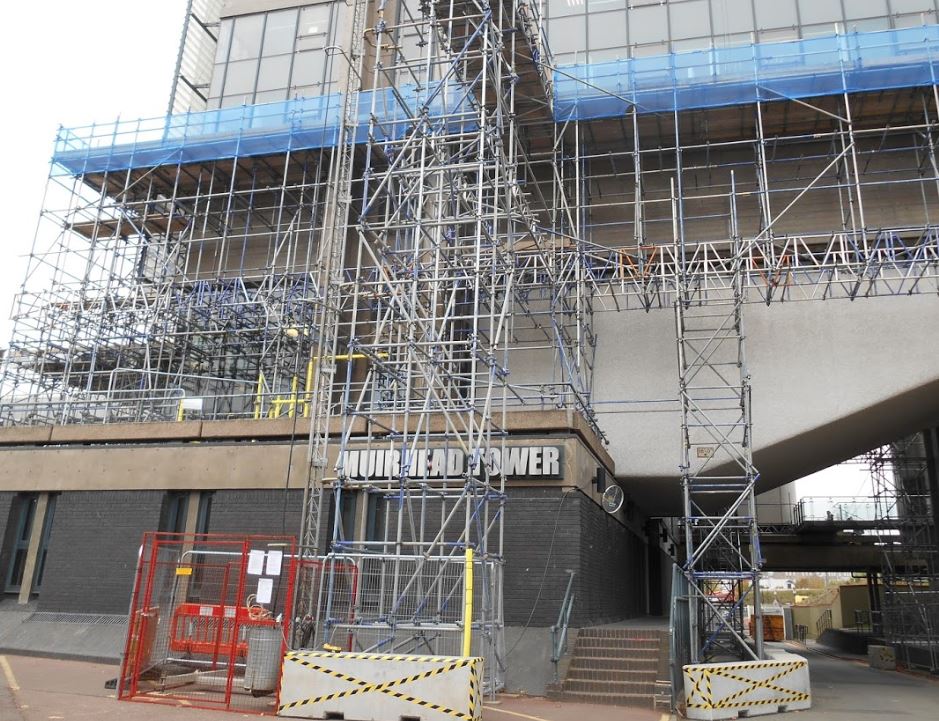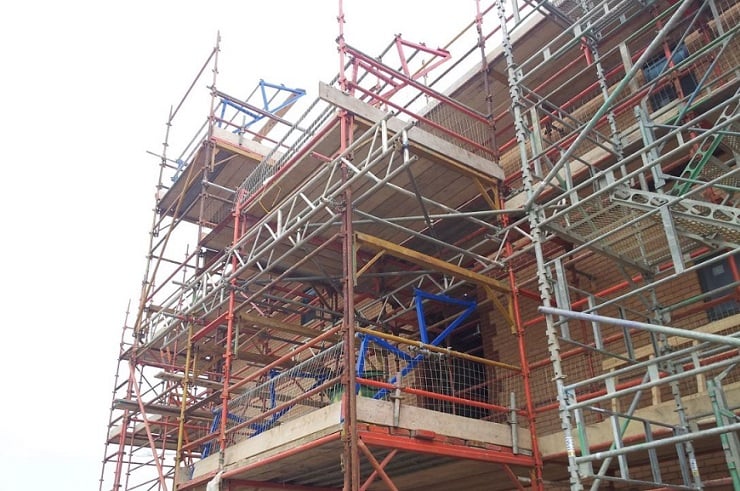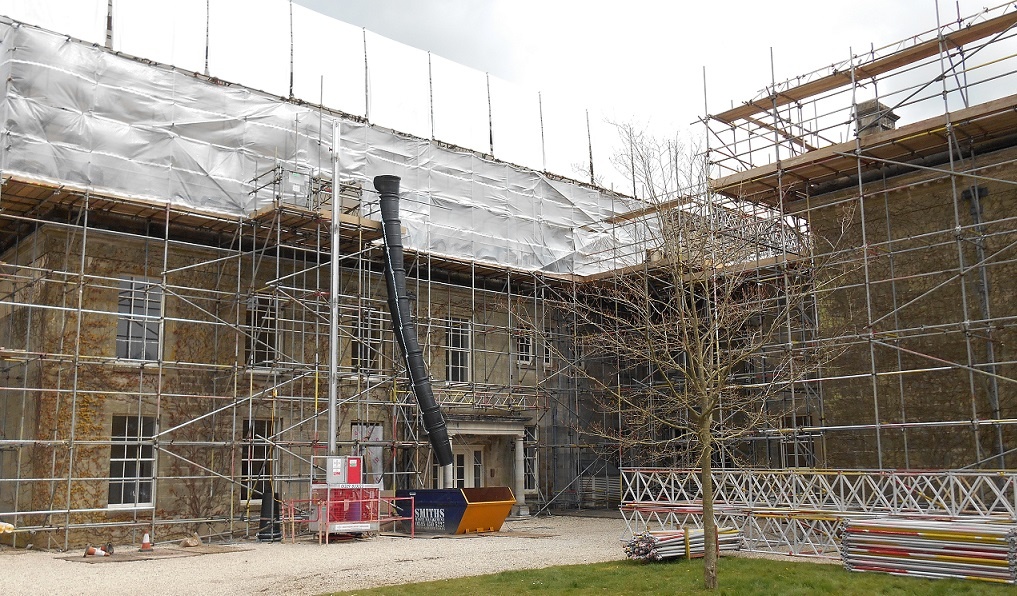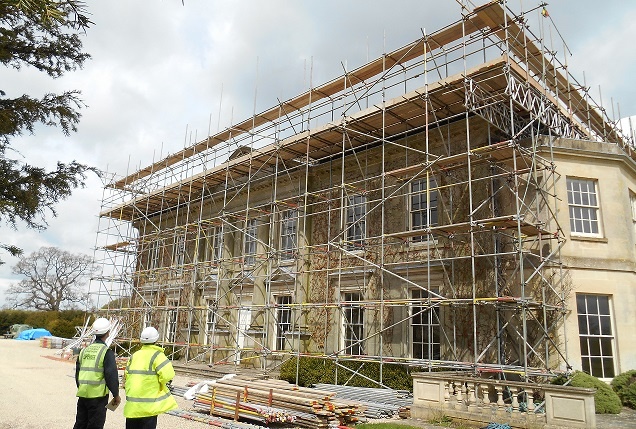When working with scaffolding, there are a number of different regulations that need to be adhered to. If you fail to abide by these rules not only could you find your business facing a massive fine, but you could also put someone at serious risk of an injury. In this blog post, we are going to take a look at the regulations that are in place when working at height specifically.
Working At Height On Scaffolding: What Are The Regulations?
Topics: Scaffold Design
TG20 Scaffolding Guidance – What Do They Mean For Your Project?
All industries have regulations that they need to adhere to. This is especially the case in construction, as any mistakes could cause serious injuries and even loss of life. When it comes to scaffolding, the guidance to good practice is known as TG20. We will reveal everything you need to know about this guide and how they impact your projects in this blog post.
Topics: TG20
How Can I Ensure Safe Working Conditions When Working At Height?
There are rules and regulations governing all industries when it comes to safe working conditions. However, as you can imagine, you have a number of different legislations you need to adhere to in the construction sector. One area that requires a lot of attention is ensuring working conditions are safe at a height. In this blog post, we will take a look at how project managers can ensure safe working conditions, as well as revealing the impact that scaffolding design has.
Topics: Scaffold Design
What Are Scaffold Design Calculations & Why Are They So Important?
Scaffold design calculations are an integral part of the process for both bespoke and generic designs, ensuring a safe and sturdy scaffold.
Topics: Scaffold Design
Types Of Scaffolding & When They Should Be Designed
Scaffolds are required in all sorts of locations, for all sorts of projects - new builds, renovations and sometimes even just a paint job. Although scaffolds might all seem alike, they can be very different.
Topics: Scaffold Design
How To Submit A Project Design Brief To A Scaffolding Designer & What To Include
The Work at Height Regulations (2005) state that any bespoke scaffold must be specially designed by a competent scaffold designer. This is to ensure the final structure possesses adequate strength, stability and rigidity – meeting the standards of any modern build.
Topics: Scaffold Design
Benefits Of Outsourcing Scaffold Design & Inspection To The Same Company
What is the best way to outsource your scaffold design and inspection requirements? First, you will want to choose a high-quality designer. Then you will need to hire an inspector to ensure the scaffold has been erected correctly as per the design. Ideally, your designer and inspector will co-ordinate to help keep your project on schedule.

